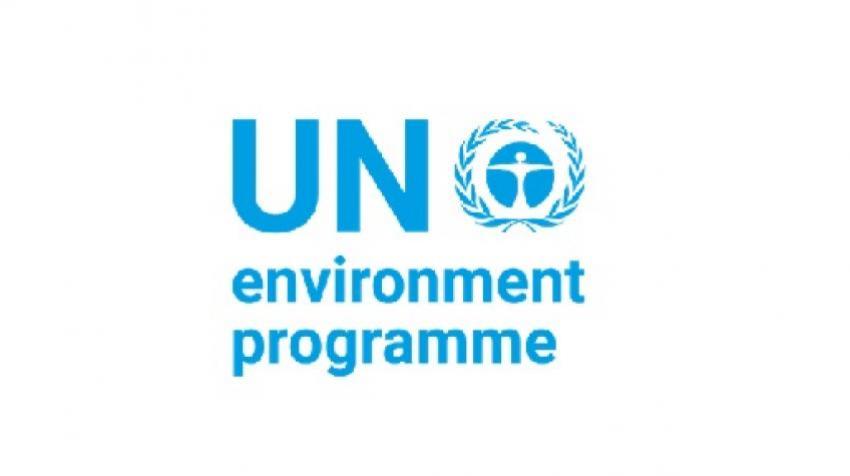The United Nations Environment Programme (UNEP) has said the cleanup project in Ogoniland in Rivers State failed because of lack of transparency and accountability.
The Hydrocarbon Pollution Remediation Project (HYPREP) that was inaugurated in 2012 for the cleanup of Ogoniland in the oil-polluted Niger Delta failed to yield positive results years after it was initiated.
Speaking at a recent maiden retreat organised by the Federal Ministry of Environment for the governing structures of the revived HYPREP comprising the Governing Council, Board of Trustees, Project Coordination Office, as well as the Central Representative Advisory Committee, the Technical Adviser, UNEP, the body that produced the framework for the Ogoni cleanup, Mike Cowing, said the federal government must learn from the lessons of the past.
Mr Cowing said, “It has been a very long journey to where we’ve reached today. My colleagues and myself were first engaged in this process in 2007 after the request of the then president of Nigeria.
“We actually commenced work on environmental assessment in 2009. It took two years to land it, to get the agreements and funding in place. And after two years of scientific investigation, we tabled the Ogoniland report in 2011.
“The following year, 2012, the first HYPREP was established. UNEP disengaged in 2011 because we are only here at the invitation of the government, and it wasn’t seen at the time that there was a need to have UNEP involved.
“We actually didn’t engage until 2019 when we were invited to come back. So I think the most important thing is to have learnt the lessons of the past. The first HYPREP crashed and burnt and we need to understand why.
“There was a lack of transparency and accountability, and sadly it failed. We are onto HYPREP-2 and we’re making incremental improvements.”
He, however, gave hope that the reconstituted HYPREP would succeed with the support of UNEP and cooperation of other stakeholders on the project.
Meanwhile, the Minister of State for Environment, Sharon Ikeazor, who declared the retreat open, urged HYPREP’s Governing Council, Board of Trustees (BOT), Central Advisory Representatives Committee (CRAC) and Project Coordination Office (PCO) to work in harmony to actualise the cleanup project.
Ikeazor said the synergy among the stakeholders would provide recommended service delivery as contained in the UNEP Report.
She added that the collaboration would help to collectively chart a new and more efficient way of delivering on the HYPREP project.
She further said, “It is necessary to state at this point that though these functions are assigned individually but are to be executed in synergy with each other to attain our goals and deliver on our mandate.
“No arm is to operate in isolation nor usurp the powers of the other or attempt to be a sole organ unto itself. We must at all times network, collaborate and inter-relate but within our limits as provided for in the gazette.
“I urge all of us to give our utmost attention to the discussions that shall go on for these two days and contribute meaningfully to the success of the retreat.”
The coordinator of the project, Dr Ferdinand Giadom, said the project`s objective was to achieve one goal through collective pool of knowledge, experience and determination to deliver a resilient environment for Ogoni people.
He said the project would focus on six key areas which included the Ogoniland Economic Development Programme (OEDP), Ogoni Sustainable Water Scheme, Ogoni Electricity Power Supply Programme and the Centre for Excellence on Environmental Restoration.
He added that public health survey and cohort studies, as well as remediation, were part of HYPREP’s priority areas.

 Join Daily Trust WhatsApp Community For Quick Access To News and Happenings Around You.
Join Daily Trust WhatsApp Community For Quick Access To News and Happenings Around You.


